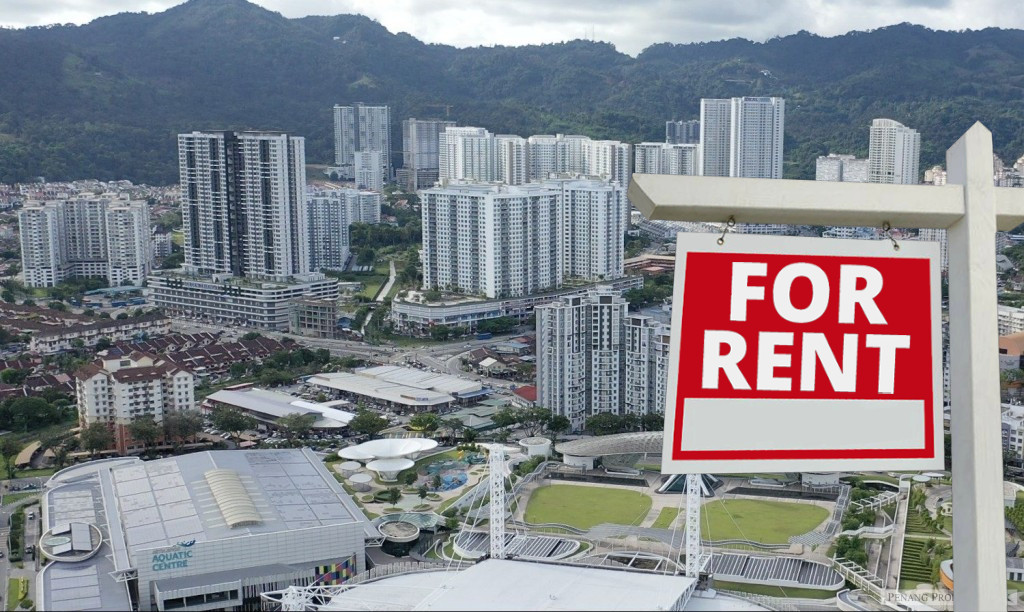Younger Malaysians push for ban on racial discrimination in rental housing
A recent survey by a market research firm has revealed deep generational and ethnic divides on the issue of racial discrimination in Malaysia’s rental housing market. The findings suggest that while many Malaysians support regulation, views differ sharply on whether landlords should be allowed to select tenants based on race.
The survey, which involved over 1,100 respondents, showed that nearly 57% were in favour of a law to regulate residential tenancies, with only 10% expressing outright opposition. However, opinions diverged when it came to banning racial discrimination in the rental process.
Among respondents aged 18 to 24, 39% supported making it illegal for landlords to choose tenants based on race — the only age group where this view was the most common. In contrast, nearly 59% of those aged 35 to 54 believed landlords should retain the right to make rental decisions based on racial considerations. Overall, almost half of all respondents supported landlords’ discretion to select tenants by race, while 31% favoured a legal ban on such practices.
The findings were shared during a public forum held by a civil society organisation focused on diversity and inclusion. The forum coincided with the release of a new report highlighting discriminatory practices in the rental market and renewed calls for the long-awaited Residential Tenancy Act to be passed.
A key concern raised was the disproportionate impact of discrimination on young Malaysians from minority backgrounds, particularly those who rely on rental housing for education or employment opportunities in urban centres. Many participants described landlords’ racial preferences as being driven by fear of problematic tenants, concerns over cultural or religious differences, or personal biases disguised as preference.
Among the ethnic groups surveyed, Malaysian Indians reported the highest levels of discrimination and the strongest support for legislative change, with nearly 64% in favour of banning racial criteria in rental decisions. Full-time students and unemployed individuals also showed high levels of support for reform, though they were among the groups least supportive of an additional proposal — a rent tribunal to help resolve disputes.
The idea of setting up a rent tribunal received majority support overall, especially among older respondents and higher-income groups, who viewed it as a low-cost alternative to resolving issues such as deposit disputes and wrongful evictions. Advocates say such a tribunal could improve transparency and accountability without the burden of legal fees.
Critics at the forum also raised concerns about flawed housing data that may be misguiding national policy. A researcher pointed out a significant discrepancy between official rent statistics and actual market listings, calling for better data collection methods.
Forum participants stressed that while landlords’ concerns are not unfounded, regulation should aim to strike a balance between protecting property owners and ensuring fair access to housing for all. Advocates warned that passing a tenancy act without addressing racial bias would be a missed opportunity for meaningful reform.
As one speaker put it, the existence of discrimination — even if affecting a minority — is reason enough for action. “The law exists to draw a moral line and provide recourse to those harmed,” they said, urging lawmakers not to ignore the experiences of those who continue to face unjust barriers in finding a place to live.Younger Malaysians Push for Ban on Racial Discrimination in Rental Housing



How do you ban landlords from not renting out to a certain race? Yes you can stop them from advertising as such. But if the potential tenants are of a certain race that the landlords are not keen of, the landlords can always just say they don’t want to rent it out to for any other reasons.
well type M, dont allow type C and D.
because scare if makan B, the whole place gone..
maybe very easy to concern from this first .
discriminatory practice is every where in this country, maybe we start with the government first….
nearly 59% of those aged 35 to 54 support freedom to rent, more likely the landlord knows about the reality on the ground…
Those 18 to 24, 39% support ban, this group the least likely to be a landlord are also the disillusion one….LOL